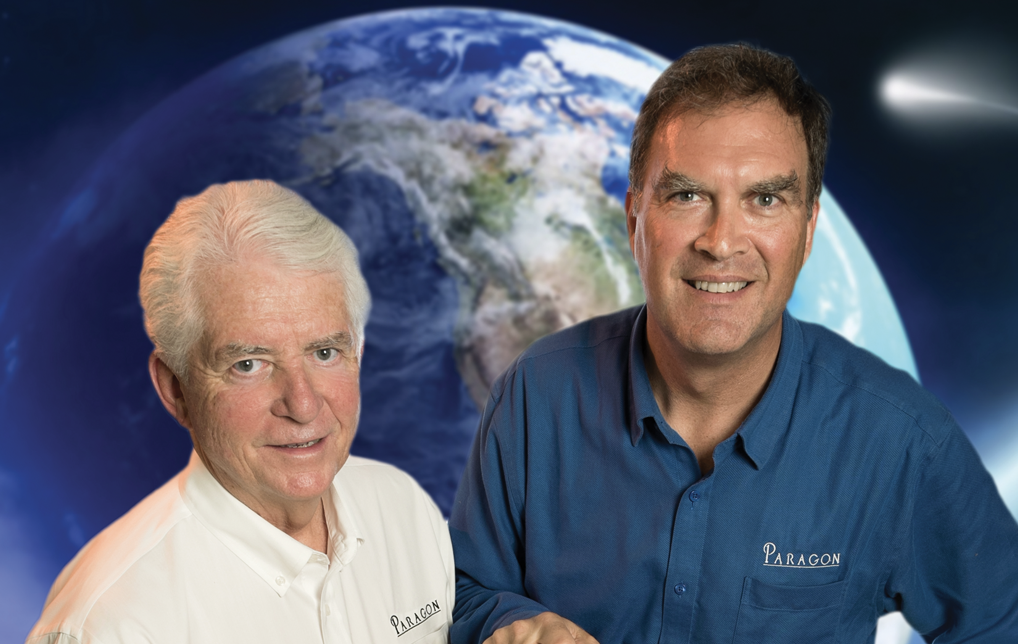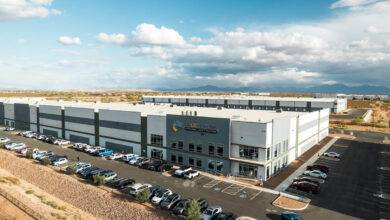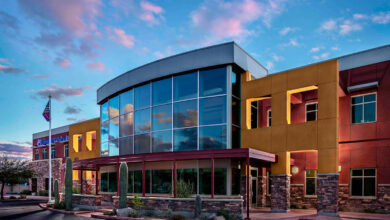
Paragon Space Development’s Life Support Technology Arrives at International Space Station
Paragon Space Development Corporation is excited to announce that its latest life support technology was launched aboard Northrop Grumman’s 15th commercial resupply services mission (NG CRS-15) which has arrived at the International Space Station. Northrop Grumman’s Cygnus spacecraft successfully launched from NASA’s Wallops Flight Facility on Saturday, February 20th with over 8,000 pounds of scientific equipment and experiments and cargo aboard.
Paragon’s Brine Processor System is a key part of the overall Environmental Control and Life Support System, which protects, preserves and promotes human life. Paragon’s brine processing technology – which is vital to generating water for the crew of a spacecraft, space station or potential transport to or habitation on the Moon or Mars – represents a ground-breaking innovation that will be critical to long-duration human spaceflight missions.
While essentially used to recover water from urine, Paragon’s Brine Processing System is notable in that it will increase the level of recoverable water in the current systems on the ISS by using a dual membrane that allows water vapor to pass through while filtering out contaminants.
“This technology is essential to long-term spaceflight operations and even future stays on other planetary bodies – and if we’re serious about going to Mars, demonstrating the feasibility and success of this system is critical. Understanding the need to squeeze every bit of recovery and efficiency from systems with energy and space constraints – like any spacecraft – is crucial in deep space exploration!” said Grant Anderson, Paragon’s President and CEO. “Paragon is in the business of technological innovation, engineering solutions and scientific advancement – and our Brine Processing System exemplifies our business. This is a game-changer and we look forward to supporting NASA on the next challenge!”
The water recovery rate of systems currently used on orbit is between 75-90% – but long-duration missions require a level of approximately 98%. And while there is currently no state-of-the-art technology in brine processing that can meet this requirement, Paragon’s system is expected to achieve this target.
Paragon’s system will undergo a one-year demonstration period to prove viability and success.
For over 27 years, Paragon has been a trusted leader in providing extreme environment life support and thermal control solutions – including spacecraft life support systems, thermal control radiators, and next generation cooling systems – to support mission critical operations for space, military, and commercial customers around the world.





